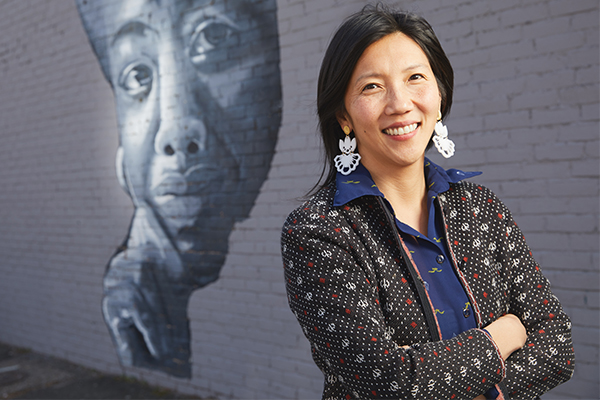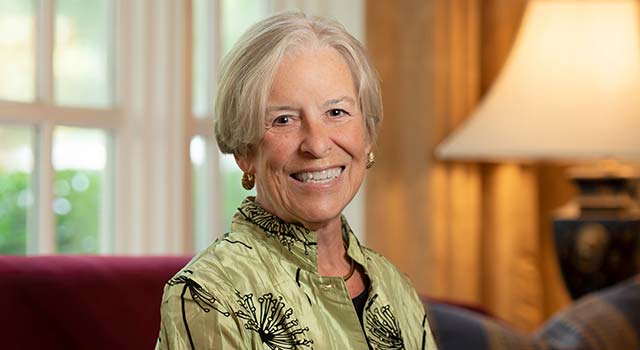
Although the term “eating disorders” is fairly common, it’s a bit misleading. That’s according to experts at Duke who say eating disorders are not about eating. Rather, individuals diagnosed with an eating disorder have a disrupted relationship with their bodies, which gets in the way of their ability to live fulfilling lives.

In August 2020, the Department of Psychiatry & Behavioral Sciences received a $50,000 unrestricted gift from an anonymous donor through the Rhode Island Foundation. Department leadership decided to use the gift to support pilot research projects focused on health disparities and work led by faculty members who are underrepresented in medicine, as well as other departmental initiatives to promote diversity, equity and inclusion (DEI) and dismantle racism.

Emily Wang, MD’03, a professor in the Yale School of Medicine, explores the health effects that mass incarceration has on populations both inside and outside of prison — a subject that the COVID-19 pandemic has thrown into sharp relief.

In a lot of ways, Susan Blackwell (Crawford), MHS, PA-C’89, and the physician assistant profession have grown up together. They were born at roughly the same time, matured in parallel and proximity, and for more than three decades they’ve been inextricably linked.

Long an advocate for others with cancer, Nancy Wright is in the middle of her second battle with the disease. It has solidified her belief in Duke as a place for personalized, advanced care.